A 2019 Minnesota law (Sec. 127) requires the Minnesota Management and Budget (MMB) to systematically review the Department of Human Services’ use of evidence in allocating hundreds of millions of dollars in grant funding each biennium.
Two evidence-based grants operated in Minnesota include:
- A 2019 Minnesota law created grants to address the state’s opioid addiction and overdose epidemic. In 2020, 77% percent of the grant funding was invested in evidence-based services (promising or proven-effective), including medication-assisted treatment, naloxone, and peer support for substance abuse.
- The Minnesota Statewide Health Improvement Program ($17.6 million) requires that 75% of grant funding goes to evidence-based programs, defined as those programs supported by experimental or quasi-experimental design studies; 25% of grant funding may go to theory-based services. The statute allows 100% of funding to tribal nations to be theory-based, recognizing the lack of generalizable evidence and discomfort with this way of knowing in American Indian communities. The practices must: (1) address the leading preventable causes of illness and death, such as tobacco use or exposure, poor diet, and lack of regular physical activity, and other issues as determined by the commissioner; (2) promote the development, availability, and use of evidence-based, community level, comprehensive strategies to create healthy communities; and (3) measure the impact of the evidence-based, community health improvement practices, which over time work to contain health care costs and reduce chronic diseases.
